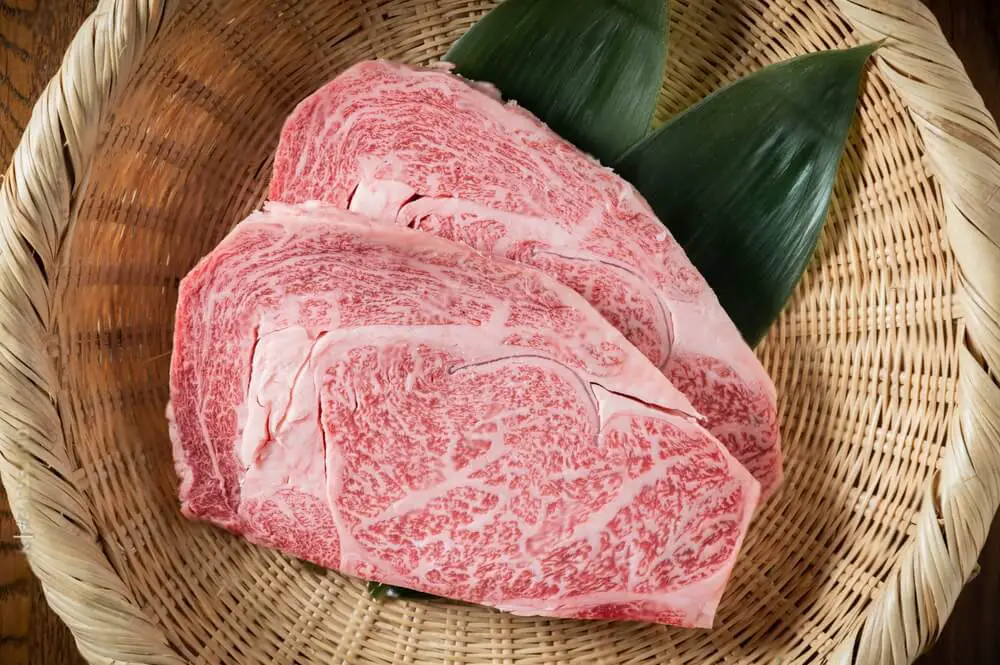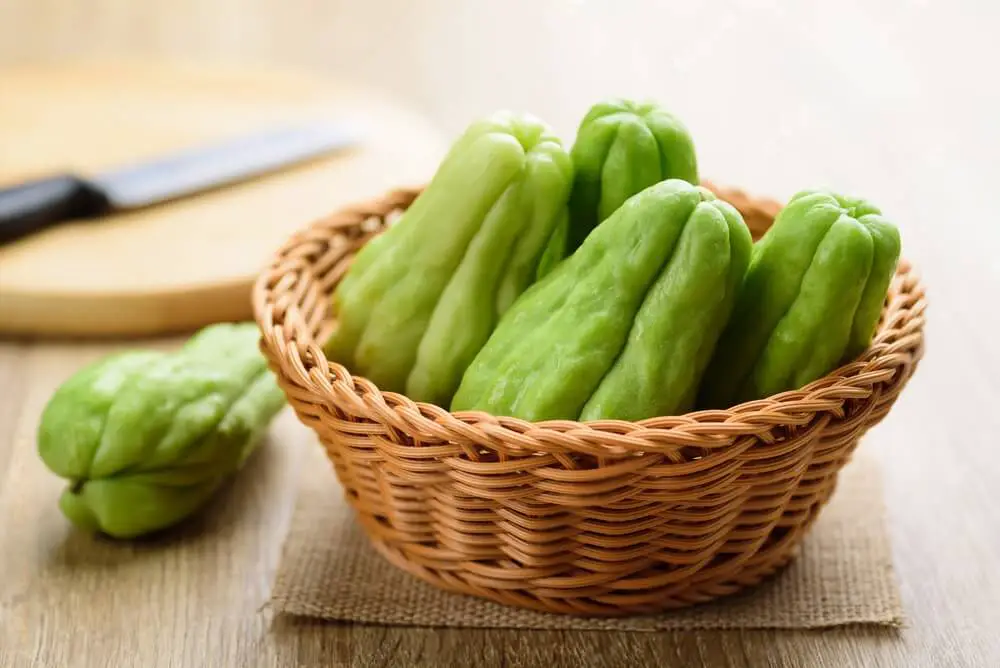So, you’ve heard whispers about Wagyu beef, right? The stuff of legends – expensive, marbled to perfection, and oh so tantalizing to the taste buds. But here’s the kicker – how are those precious cows treated before they end up on your plate? Let’s dive into the world of Wagyu, where luxury meets controversy.
What Exactly is Wagyu Beef?
Wagyu, my friends, is a carnivore’s dream come true. It’s the kind of beef that makes your mouth water with anticipation. You see, the average piece of beef you snag at your local grocery store or butcher shop is pretty standard, with a touch of marbling along the edges. But Wagyu? It’s different.
Wagyu takes the whole marbling game to another level. Think of it as a work of art, where those soft, succulent fats are masterfully spread throughout the entire muscle of the cow. No toughness, no chewiness – just a buttery, melt-in-your-mouth delight. Now, no wonder the Japanese have turned it into a culinary craft!
But here’s the catch: for those of us in the United States, Wagyu is a bit of an elusive delicacy. Why, you ask? Because the Japanese have a knack for keeping their Wagyu DNA and livestock within their borders. Finding a reliable supplier for this fine meat can be like searching for a needle in a haystack. But hey, it’s worth it for the dedicated beef enthusiasts among us.
The Story Behind Raising Wagyu Beef
Now, the million-dollar question – how are these Wagyu cows treated before they make it to our plates? Are they living the dream or enduring a nightmare? Well, my friends, it’s not a one-size-fits-all answer. The methods used to raise Wagyu cows vary, and it’s up to you to decide if it’s humane or not.
The Gentle Side of Wagyu
Some farms claim they provide their Wagyu cows with a stress-free environment. Imagine cows leisurely grazing, living the good life. They aren’t cramped up with dozens of other cows; they get their space, sharing a pen with only a handful of bovine buddies. They’re fed three square meals a day with top-notch ingredients, with one goal in mind – gaining those glorious 2.5 pounds each day.
The process here focuses on keeping the cows relaxed, as stress can make their muscles tense, resulting in tougher meat. Sure, some farms even play classical music, although the jury’s still out on whether cows are truly into the classics. But on the surface, these practices sound humane, don’t they?
The Murkier Side of Wagyu
However, there’s another side to the Wagyu story that raises eyebrows. Some farms opt for overcrowding, or they suspend cows off the ground, preventing them from moving freely. Picture a cow stuck in a cramped space, unable to use its muscles, ending up with soft, fatty muscle tissues. It’s not exactly a picturesque scene.
Then there’s the matter of force-feeding, although it’s not as extreme as the methods used for making foie gras. Cows don’t get a funnel down their throats, but their appetites might get a boost from a nip of beer or sake. A tad controversial, wouldn’t you say?
Oh, and one more thing – some Wagyu cows get separated from their mothers at a tender age. They’re raised on a diet heavy on carbohydrates, rather than the protein their growing bodies might need.
Towards the end of their Wagyu journey, cows might even get massages. No, not for relaxation, but to keep those muscles and fats growing. Massages help the fat distribute evenly within the meat. It’s like a high-end spa treatment for cows.
The Beef with Wagyu: Is It Ethical?
Now, the million-dollar question: Is Wagyu beef raised humanely, or is it all smoke and mirrors? Well, the answer depends on the farm and your personal standards of what’s ethical. If you believe that cows should roam free and do as they please, you might raise an eyebrow at the Wagyu way.
Is it inhumane to fatten up a cow and then restrict its movement? Well, that’s a subjective judgment call. The key here is to look at each farm individually.
How Do They Bid Farewell to Wagyu?
Let’s not forget the final chapter in a Wagyu cow’s journey – the journey to your plate. When it’s time to say goodbye, most Wagyu cows meet their end with a stunning blow to the head. After that, they’re raised by their legs, allowing the blood to flow down. A quick cut to the throat follows, letting that blood drain out. It’s a process quite common among animals raised for their meat, and we’ve seen more gruesome methods.
Do Your Wagyu Homework
Here’s the deal: while I can spill the beans about the world of Wagyu, the real answer lies with the folks you’re buying from. Wagyu beef sets a high bar for quality, no doubt about it. The key question is how each business raises their beef to meet that standard.
Consider this, though – imagine how cows would prefer to live in the wild. They could put on weight under the right conditions, munching on grasses perfect for their digestive systems. But in the real world, dairy and beef cows often chow down on grains to keep them from getting too lean. So, the ethics of traditional beef farming can be just as perplexing.
The Bottom Line
In a nutshell, the ethical dilemma of raising Wagyu cows is in the eye of the beholder, or rather, the taste buds of the consumer. Some farms follow unique practices that avoid force-feeding and let cows enjoy a bit more freedom. If you’re heading to a restaurant to savor some Wagyu, don’t hesitate to ask your server about how the cows were raised. Make an informed decision based on that info.
If you’re not keen on supporting practices that don’t align with your beliefs about animal welfare, you always have the option to pass on the Wagyu.
In the end, the Wagyu beef-raising process sounds like a unique journey to deliver the finest meat, often in a relaxing environment with an abundance of top-notch food. But, as they say, the proof of the pudding is in the eating, and the decision is yours to make. Is Wagyu beef humanely raised? You be the judge.



